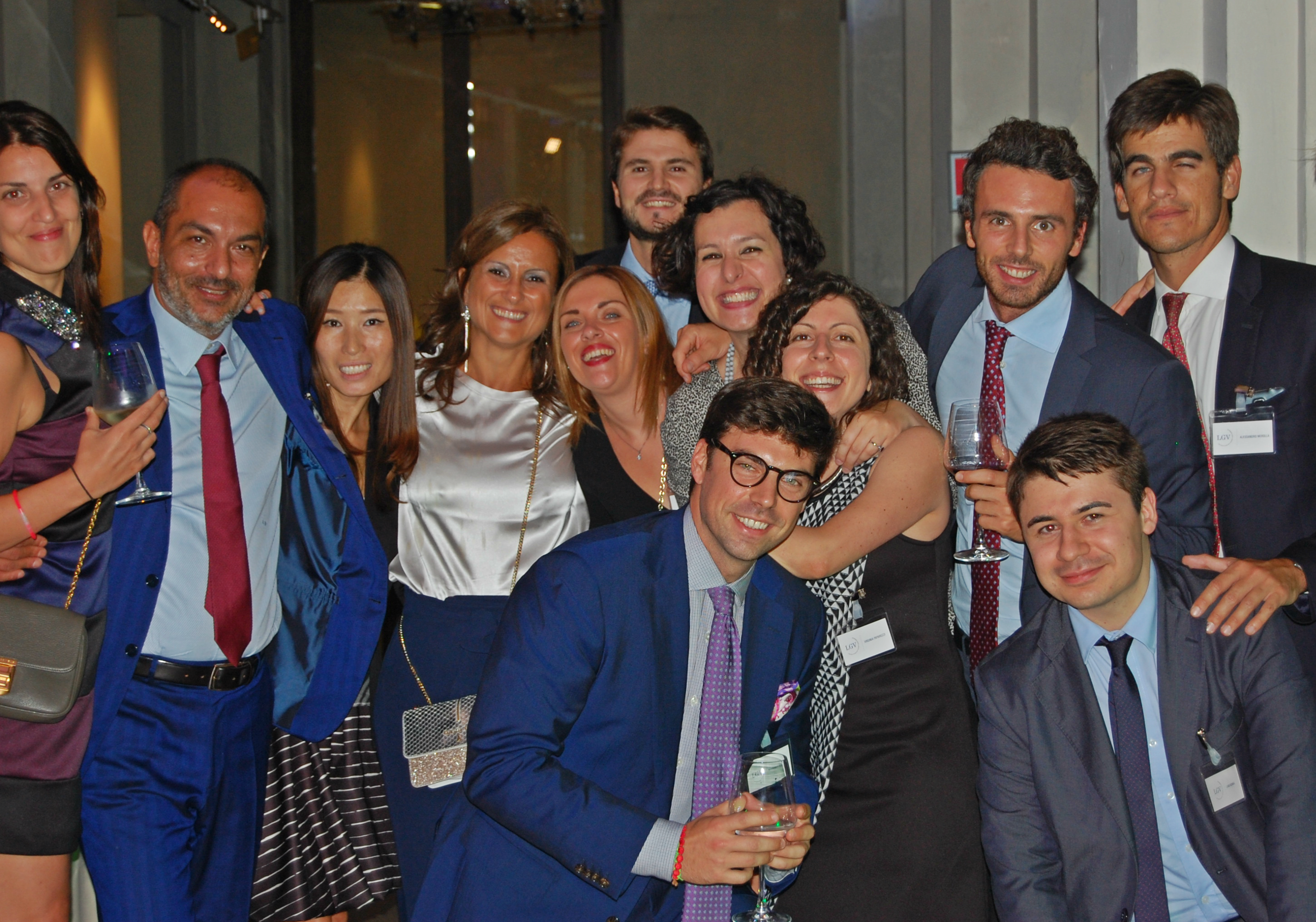THE SHAREHOLDER OF AT LEAST ONE THIRD OF THE SHARE CAPITAL OF A PRIVATE LIMITED LIABILITY COMPANY HAS THE POWER TO CALL A SHAREHOLDERS MEETING
21/10/2016
In relation to limited liability companies, the right to call a shareholders meeting, in case of inactivity of the management body and in absence of regulation by legal provisions and bylaws, must be accorded to the shareholders representing one third of the corporate capital (Supreme Court, decision no. 10821/2016).
The First Civil Section of the Supreme Court has ruled that, in case of inactivity of the management body, where legal norms and company bylaws do not deal with the matter, the right to call a shareholders meeting must be accorded to the shareholder holding at least one third of the corporate capital.
Preliminarily, it must be noted that the Italian Civil Code does not regulate limited liability companies (S.r.l.) in the same way as public limited companies (S.p.A.) for which in respect of the latter art. 2367 of the Civil Code allows the summoning of the shareholders meeting upon the shareholders’ request.
Art. 2367, applicable to the S.p.A., provides as follows: “The directors or the management body must call without delay the shareholders meeting, in case of request raised by the shareholders representing 1/20 of the corporate capital of companies listed on the stock exchange market or 1/10 of the corporate capital of other companies or the lesser percentage provided by the bylaws, and the request shall contain the items of the agenda”.
The Supreme Court is of the opinion that – following the 2003 corporate law reform – in general the purpose of the reform has been to identify the S.r.l. as a flexible model, and one designed to enhance the personal elements existing in small and medium-sized companies; the above must be combined with a system of law provisions allowing organizational solutions set forth in the bylaws, as provided for partnerships. The role of the shareholder has become a central issue of the system governing limited liability companies: now the shareholder has been given powers that previously were exclusively reserved to the directors.
In particular, the Court – with reference to the case at issue – drew a marked distinction between the regime governing the S.r.l. from that applicable to the S.p.A., and also eliminated the reference technique. The autonomy and potential comprehensiveness of the legislation governing the S.r.l. must therefore exclude the analogical extension of the procedure for the summoning of the shareholders meeting provided by art. 2367, applicable to the S.p.A., to the case of the S.r.l. (moreover, such an extension would be in conflict with the inflexibility of the different corporate models).
The decision of the Court must be seen as the result of a constant effort by professionals aimed at eliminating the risks of deadlock within companies in case of inactivity and obstructionism on part of the directors. Such risks arise, on the one side, from the inapplicability of art. 2367 of the Italian Civil Code to private limited liability companies, due to the strong diversity of these corporate models; and, on the other side, from the irrelevance in the present context of art. 2487 of Italian Civil Code, relating exclusively to the appointment and revocation of the official receivers (subsequent to the Court’s decision).
In conclusion, it is evident that the decision at issue represents a considerable innovation in the corporate scenario and, in particular, with regard to limited liability companies which have finally identified, in case of silence of the law and bylaws, an alternative procedure, represented by the right of the shareholders – holding at least one third of the corporate capital – to call the shareholders meeting in case of inactivity of the management body.

